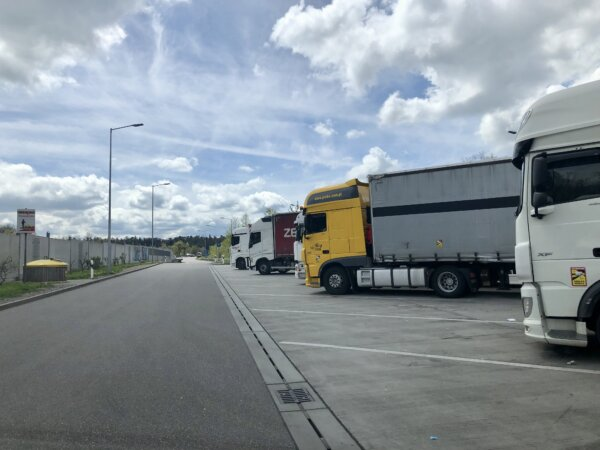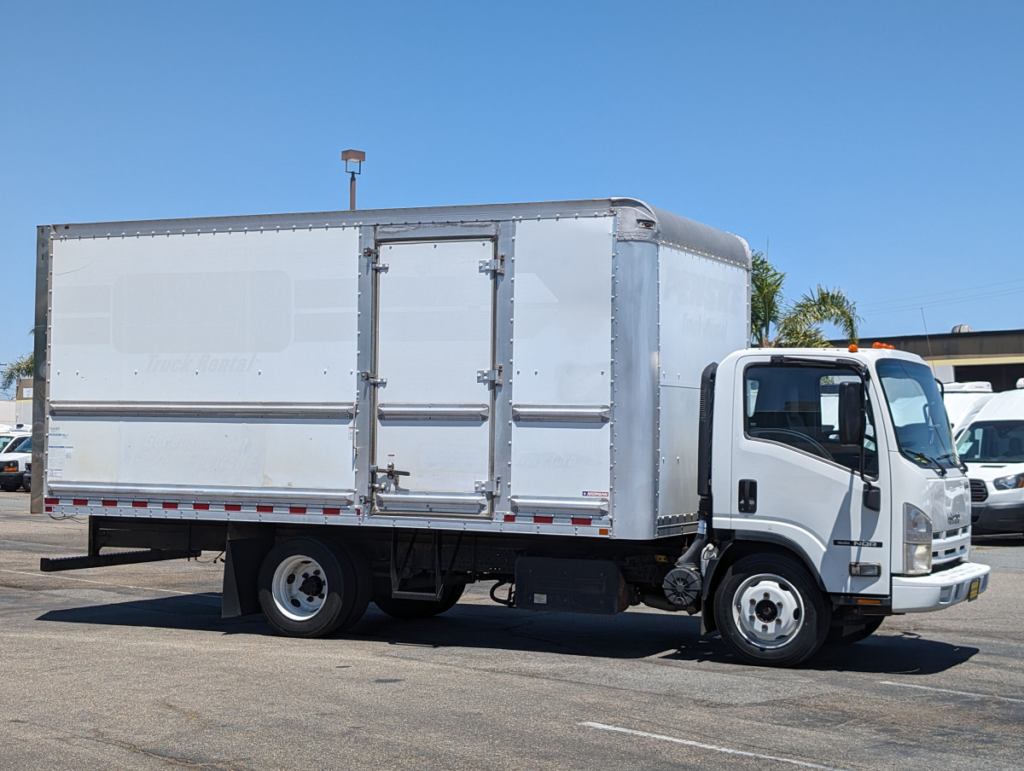The automotive industry is undergoing a significant transformation, with electric vehicles (EVs) leading the charge toward a more sustainable future. Among the most notable advancements is the rise of electric trucks, which are set to revolutionize the way we think about heavy-duty vehicles. This article delves into the key aspects of electric trucks, exploring their benefits, challenges, and what you need to know as these vehicles become increasingly popular.

- The Growing Popularity of Electric Trucks
Electric trucks are gaining traction in the market as both consumers and businesses seek eco-friendly alternatives to traditional gasoline and diesel-powered vehicles. Several major automakers have announced or released electric truck models, including the Ford F-150 Lightning, Tesla Cybertruck, and Rivian R1T, signaling a shift in the industry.
Reasons for the Rise:
- Environmental Concerns: One of the primary drivers of electric trucks is the growing concern over climate change and the need to reduce carbon emissions. Electric trucks produce zero tailpipe emissions, making them a cleaner alternative to traditional trucks.
- Government Incentives: Many governments offer incentives for purchasing electric vehicles, including tax credits, rebates, and grants. These incentives make electric trucks more accessible and appealing to consumers and businesses alike.
- Technological Advancements: Advances in battery technology have made electric trucks more viable, with improved range, faster charging times, and better overall performance.
- Benefits of Electric Trucks
Electric trucks offer several advantages over their internal combustion engine (ICE) counterparts, making them an attractive option for a wide range of applications.
Environmental Impact:
- Zero Emissions: Electric trucks produce no tailpipe emissions, reducing air pollution and contributing to cleaner cities. This is particularly important in urban areas where air quality is a significant concern.
- Reduced Noise Pollution: Electric trucks are much quieter than traditional trucks, which can help reduce noise pollution in residential areas and cities.
Cost Efficiency:
- Lower Operating Costs: Electric trucks typically have lower operating costs compared to diesel or gasoline trucks. Electricity is cheaper than diesel, and electric trucks have fewer moving parts, which means less maintenance and lower repair costs.
- Fuel Savings: With the volatility of fuel prices, electric trucks offer more predictable and often lower fuel costs, providing significant savings over the lifetime of the vehicle.
Performance and Reliability:
- Instant Torque: Electric trucks deliver instant torque, providing strong and consistent acceleration. This makes them particularly useful for towing and hauling heavy loads.
- Fewer Mechanical Issues: With fewer moving parts, electric trucks are less prone to the mechanical issues that can plague traditional trucks, such as engine and transmission problems.
- Challenges Facing Electric Trucks
Despite their many benefits, electric trucks face several challenges that could impact their widespread adoption.
Range Anxiety:
- Limited Range: While battery technology is improving, many electric trucks still have a limited range compared to their gasoline or diesel counterparts. This can be a concern for long-haul trucking and rural applications where charging infrastructure is sparse.
- Charging Infrastructure: The availability of charging stations is still a challenge, particularly for those who need to charge on the go. Expanding the charging network is essential for the broader adoption of electric trucks.
Initial Cost:
- High Purchase Price: Electric trucks tend to have a higher upfront cost compared to traditional trucks, largely due to the cost of the battery. However, this can be offset by lower operating costs and government incentives.
Payload and Towing Capacity:
- Battery Weight: The batteries used in electric trucks are heavy, which can reduce the payload capacity. Additionally, towing heavy loads can significantly reduce the range of an electric truck, making it less suitable for some applications.
- The Future of Electric Trucks
As technology continues to advance, many of the current challenges facing electric trucks are expected to diminish. Battery technology is rapidly improving, with increased energy density leading to longer ranges and faster charging times. Additionally, the expansion of charging infrastructure will make it easier for electric truck owners to keep their vehicles charged and ready to go.
Industry Trends:
- Fleet Electrification: Many companies are beginning to electrify their fleets, driven by both environmental goals and the desire to reduce operating costs. This trend is expected to accelerate as electric trucks become more capable and cost-effective.
- Innovation in Design: Automakers are innovating in the design of electric trucks, focusing on aerodynamics, weight reduction, and the integration of smart technologies to enhance efficiency and performance.
Conclusion
The rise of electric trucks represents a significant shift in the automotive industry, offering a cleaner, more efficient alternative to traditional trucks. While there are still challenges to overcome, the benefits of electric trucks—ranging from environmental impact to cost savings—make them an increasingly attractive option for both consumers and businesses. As technology continues to evolve, electric trucks are poised to play a crucial role in the future of transportation.

